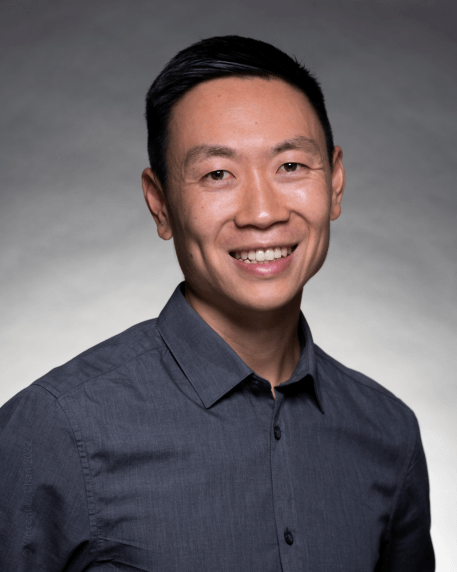Key Findings and Takeaways from Environment and Climate Change Canada’s Waste-To-Energy Study
Waste-To-Energy (WTE) technology in Canada is rapidly evolving. Understanding the right waste management approach for your organization is crucial.
Environment and Climate Change Canada (ECCC) recently released the “Study of Waste to Energy Approaches for Processing Residual Municipal Solid Waste in Canada”. Morrison Hershfield was retained to undertake the study on Waste-to-Energy (WTE) Approaches in a Canadian context. The study aimed to collect information on WTE technologies and operations and looked at the latest WTE industry trends in Canada and internationally.
Watch The Webinar
Presenters:

Curtis Jung, Solid Waste Engineer, Morrison Hershfield
Curtis is an environmental engineer based in Vancouver, BC. He has a decade of experience in solid waste management planning, multidisciplinary infrastructure design and construction projects. He has acted as the technical lead and author on various Waste-To-Energy (WTE) studies for clients across Western Canada which has included GHG analysis and modelling, market sounding and technology evaluation processes, feedstock and end-market assessments, and detailed costing.
Curtis has experience with emerging WTE technologies, including mixed-waste processing and materials recovery approaches used to maximize the value of residual waste. Recently, he was the technical lead and primary report author for ECCC’s WTE Study, which reviewed WTE approaches within Canada and internationally.